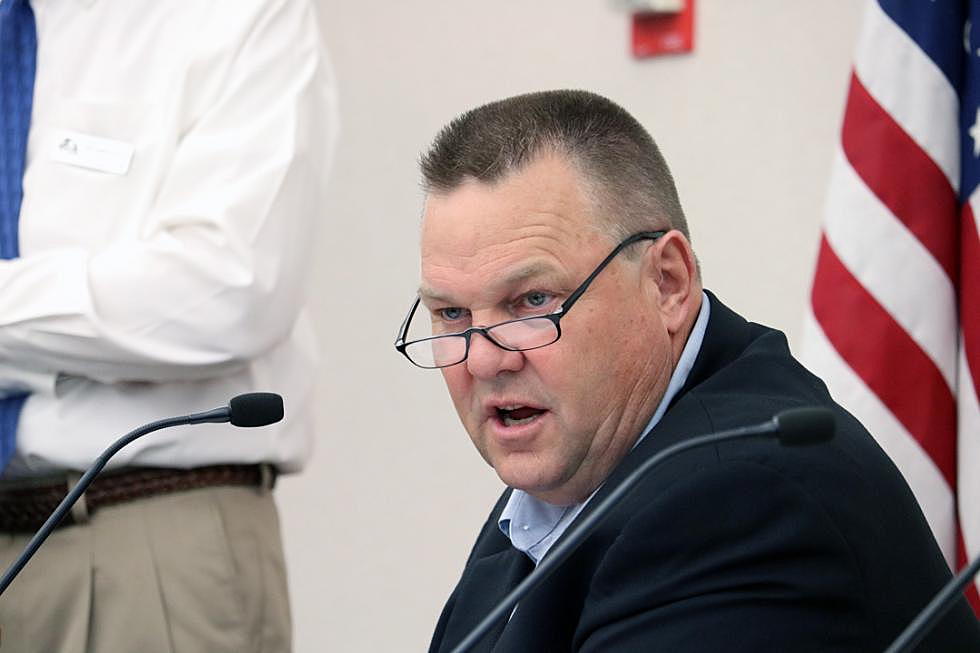
Tester pushes VA to fill mental health vacancies, head off veteran suicides
Suicides among U.S. veterans is near an all-time high, and state mental health care advocates, joined by Sen. Jon Tester, are pressing the Department of Veterans Affairs to work harder to reverse the trend.
Tester, a ranking member of the Senate VA committee, asked department Secretary David Shulkin on Wednesday to create a concrete plan to address the mental health issues plaguing U.S. veterans.
“The VA needs to take a more creative and aggressive approach to suicide prevention,” Tester said during the hearing. “We need an action plan on how the VA is addressing this crisis in Montana that engages local communities, providers, veterans and their family members.”
The VA continues to face a chronic workforce shortage, including in Missoula, where the outpatient clinic was recently down to just a three primary care providers and was waiting for two more to arrive, diverting appointments elsewhere as a result.
Tester asked Shulkin what impact such shortages are having on veterans seeking mental health care, and what the VA is doing to reach vulnerable veterans. Shulkin said the VA was struggling to fill vacancies for mental health professionals.
“VA Montana is short about 20 mental health professionals right now,” said Tester. “The best laid plans without the people and infrastructure below it won’t help veterans in rural areas. We need to make sure we can hire mental health professionals before we can make inroads with hard-to-reach veterans.”
Matt Kuntz, a Helena veteran who now serves as the executive director of the National Alliance on Mental Illness in Montana, testified before the committee and advocated for additional mental health resources in rural areas.
Kuntz lost a family member, who served in Iraq, to suicide more than a decade ago.
“It's very hard for rural Montana communities to recruit and retain healthcare workers,” Kuntz said. “Our rural healthcare professionals have to walk a tightrope between finding enough patients to make a living and pay off their student loans, while not being overwhelmed by the workload.”
Tester, who has worked to expand rural and disabled veterans’ access to mental health care, recently introduced a bipartisan bill to address what he describes as the “crippling” mental health workforce shortages at the VA.
If passed, his bill would allow the VA to hire more licensed professional mental health counselors, as well as marriage and family therapists. Tester said he has secured funding for the counselors and therapists in the appropriations bill through 2018.
Any veteran in crisis – or anyone concerned about a veteran in crisis – can call the Veterans Crisis Line at 1-800-273-8255 and press 1. They can also send a text to 838255 or follow this link.
